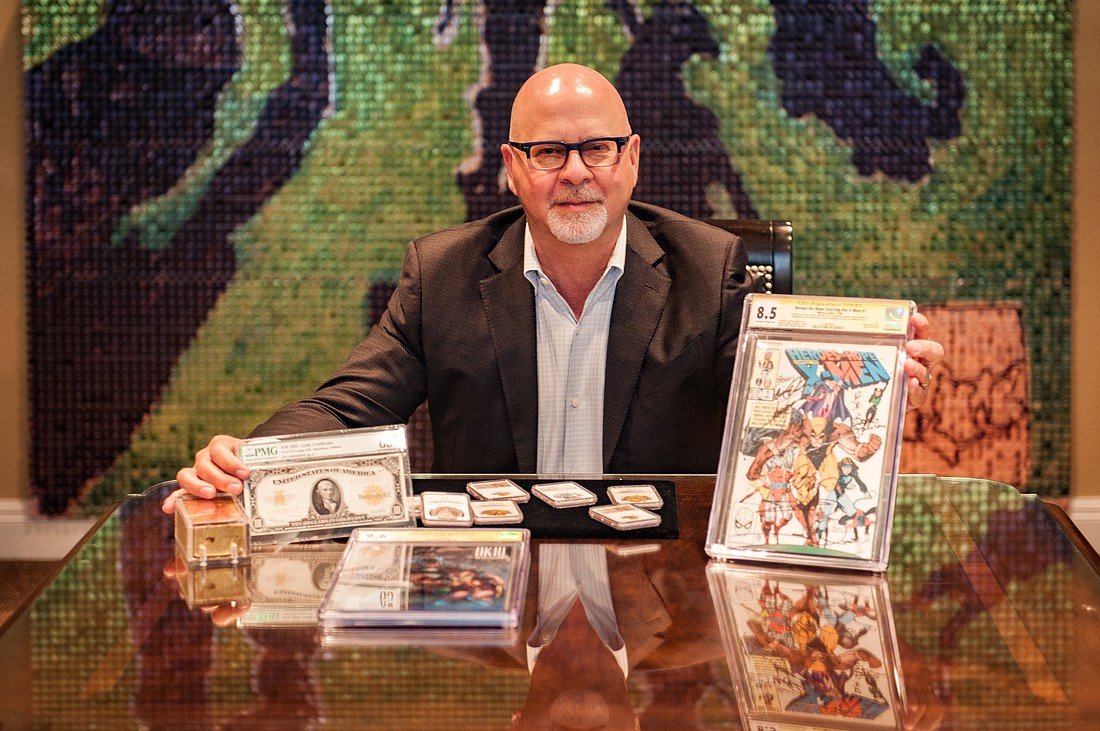- December 15, 2025
-
-
Loading

Loading

The overhead lights are turned off. Room after room is instead filled with the glow of table lamps on individual desks. Employees sit in rows. They hold up coins under the light, or they turn the pages of comic books. Their goal: get a better look.
This scene plays out nearly everyday inside the fortress-like walls of Certified Collectibles Group, tucked away in the Sarasota County side of a Lakewood Ranch corporate park, a few miles east of Interstate 75. The firm has graded 43 million coins, 4 million notes and 5 million comic books, magazines and posters since it was founded some 30 years ago.